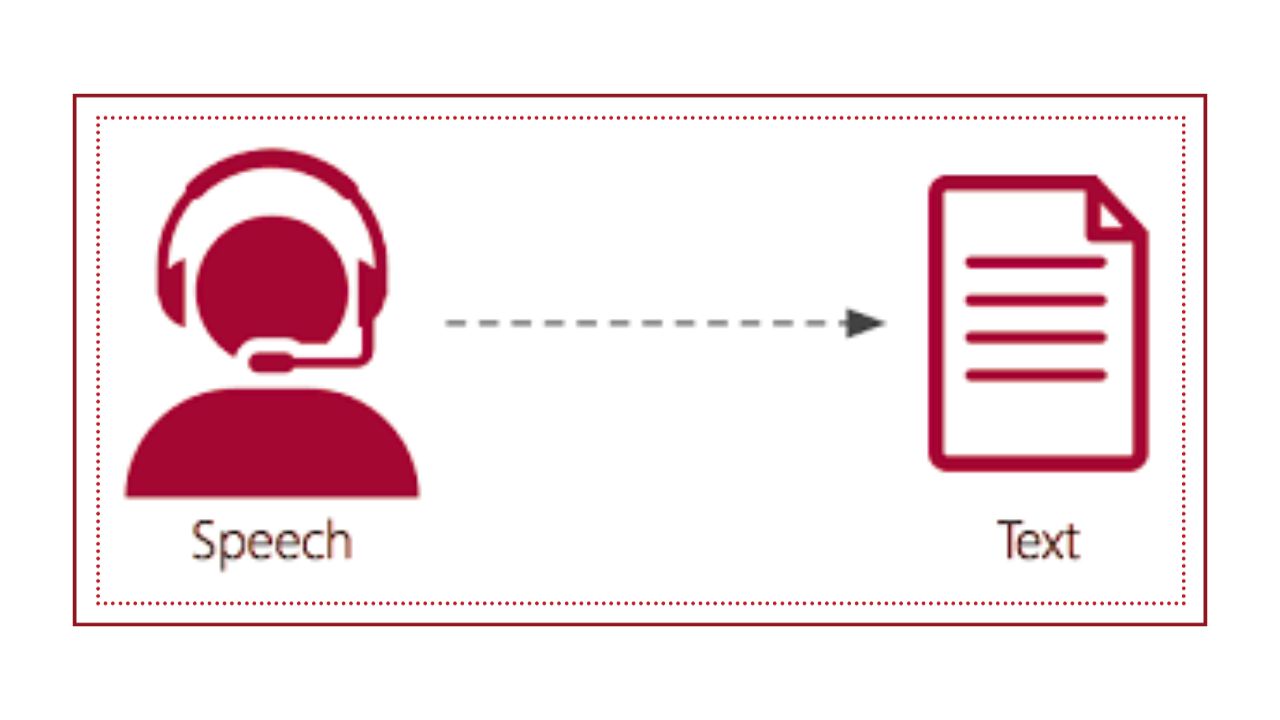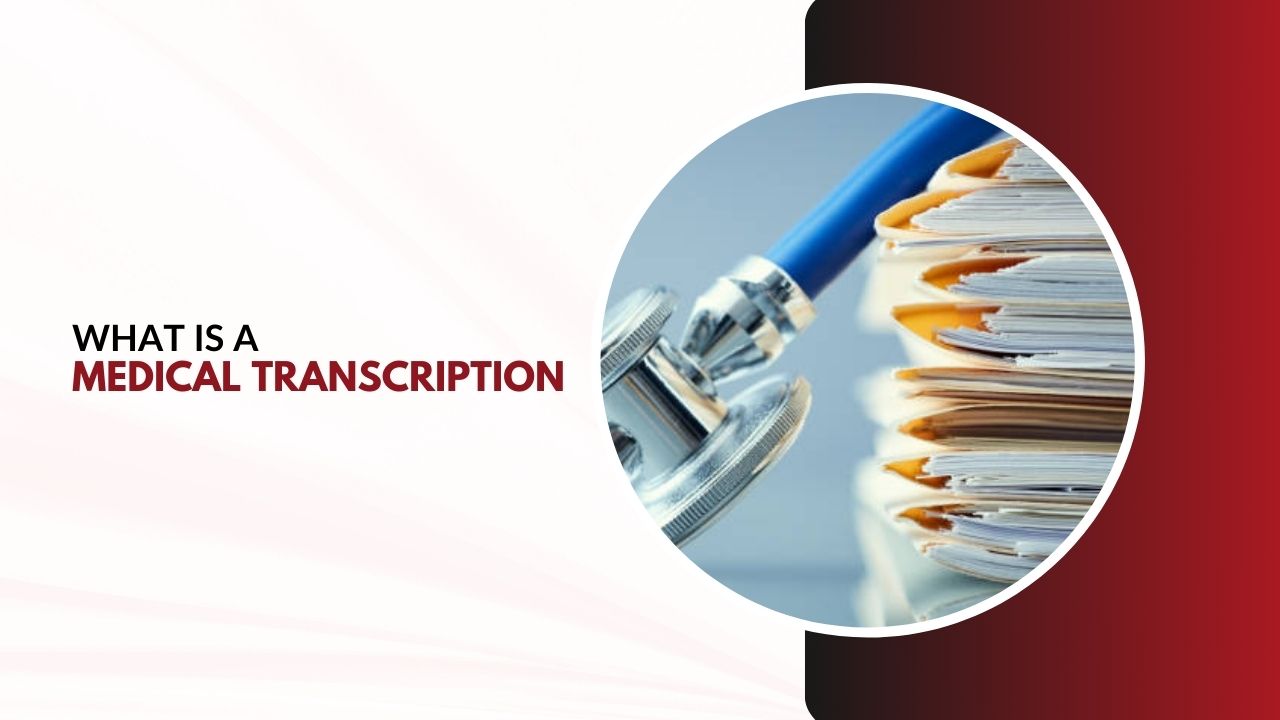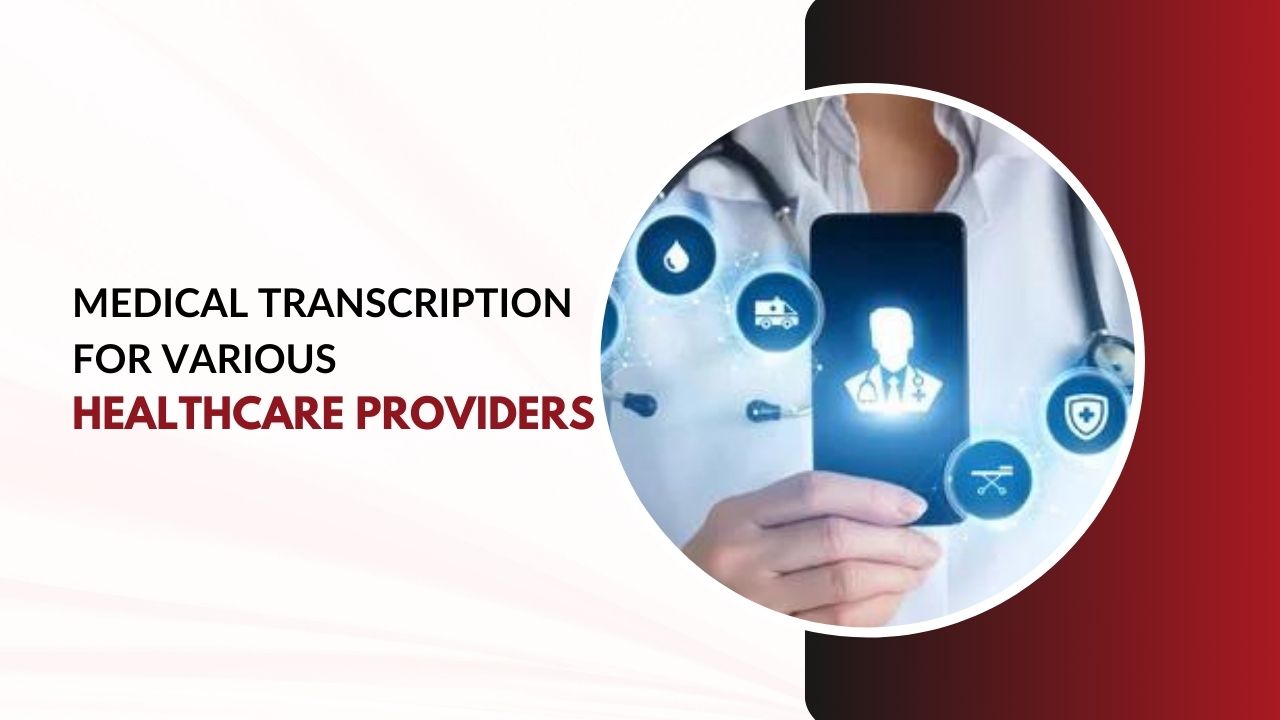Medical transcription is an essential part of the healthcare industry that often goes unnoticed but plays a critical role in maintaining accurate patient records. In this article, we will explore what medical transcription is, why it’s important, and how it benefits both healthcare providers and patients.
What is Medical Transcription?
Medical transcription is the process of converting spoken medical information, typically dictated by doctors and other healthcare professionals, into written text. This written text becomes a permanent part of a patient’s medical record. Medical transcriptionists, who are highly trained professionals, are responsible for this crucial task.

The Role of a Medical Transcriptionist
Medical transcriptionists are like the behind-the-scenes heroes of the healthcare world. They listen to audio recordings of doctors’ notes, patient histories, diagnostic reports, and treatment plans. Then, they meticulously transcribe these spoken words into written documents.
Accuracy Matters
One of the most critical aspects of medical transcription is accuracy. Errors in transcriptions could lead to misunderstandings, incorrect diagnoses, and inappropriate treatments, which can be harmful to patients. That’s why medical transcriptionists need to have a deep understanding of medical terminology, as well as excellent listening and typing skills.
Why is Medical Transcription Important?
Patient Care: Accurate medical records are essential for providing high-quality patient care. Doctors rely on these records to make informed decisions about treatments and medications.
Legal and Ethical Compliance: Maintaining accurate medical records is a legal and ethical requirement in the healthcare industry. These records may be used in legal proceedings, insurance claims, and audits.
Communication: Medical transcription bridges the gap between healthcare providers, ensuring that important information is documented and accessible to all members of the healthcare team.
Benefits for Healthcare Providers
Time-Saving: Doctors can save valuable time by dictating their notes rather than writing them by hand.
Focus on Patients: With the help of medical transcriptionists, healthcare providers can focus more on patient care, rather than spending excessive time on paperwork.
Benefits for Patients
Accurate Medical History: Patients can be confident that their medical history and treatment plans are accurately recorded, reducing the risk of medical errors.
Continuity of Care: If patients move or switch healthcare providers, their medical records can be easily transferred, ensuring continuity of care.
The Evolution of Medical Transcriptions
In the past, medical transcription was done solely by humans. However, with advancements in technology, we have seen the emergence of voice recognition software and artificial intelligence (AI) tools. These technologies can assist transcriptionists by automating certain aspects of the process, such as converting speech into text. While they can improve efficiency, human transcriptionists remain essential for reviewing and editing these automated transcriptions to ensure accuracy.
Conclusion
Medical transcription may not be the most visible aspect of healthcare, but it is undeniably vital. It ensures that patient information is accurately recorded and accessible when needed. The work of medical transcriptionists contributes to improved patient care, legal compliance, and the overall efficiency of healthcare operations. So, the next time you visit a healthcare provider, remember the unsung heroes behind the scenes who transform doctors’ words into the medical records that help keep us healthy.
Also Read:




